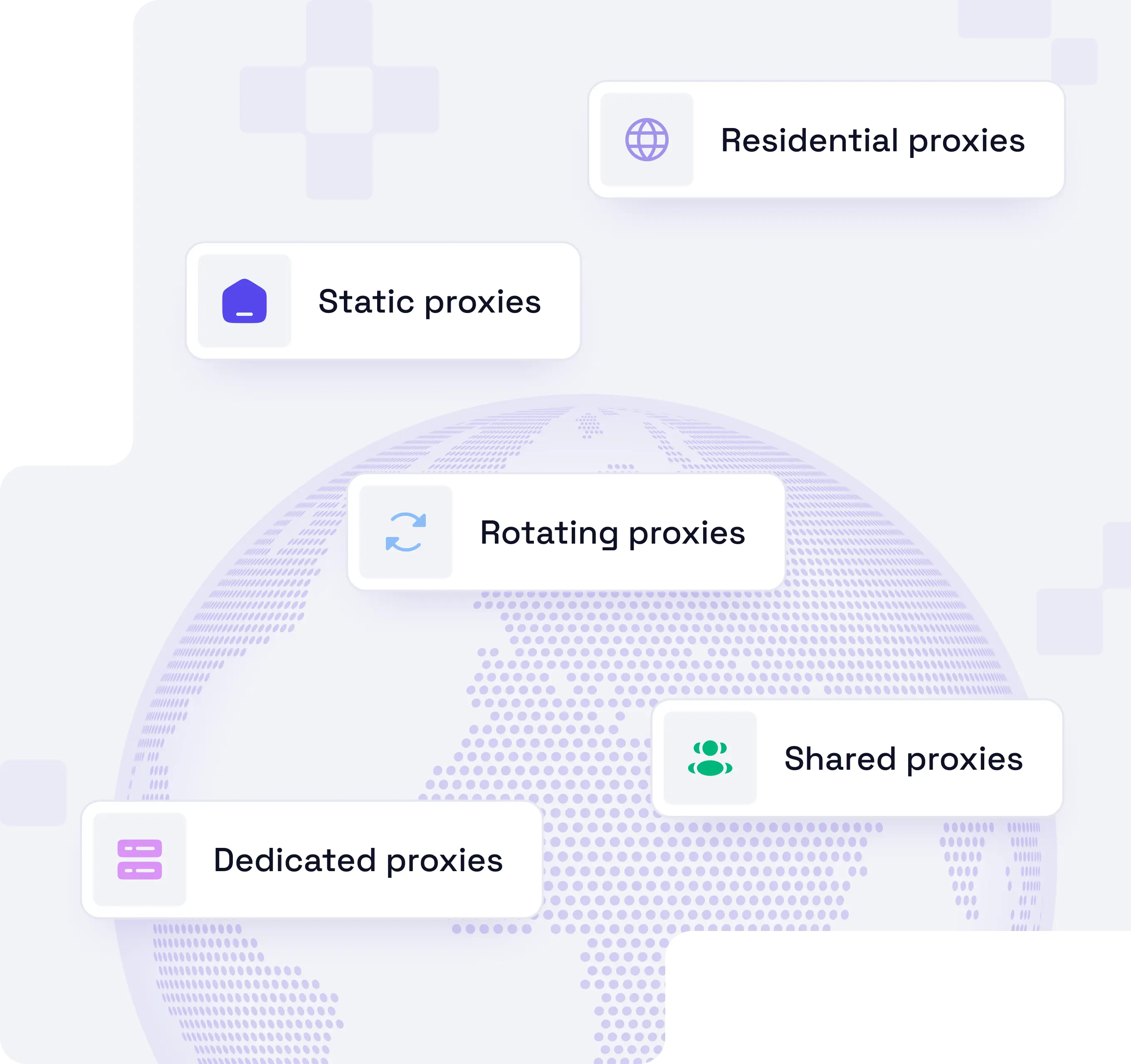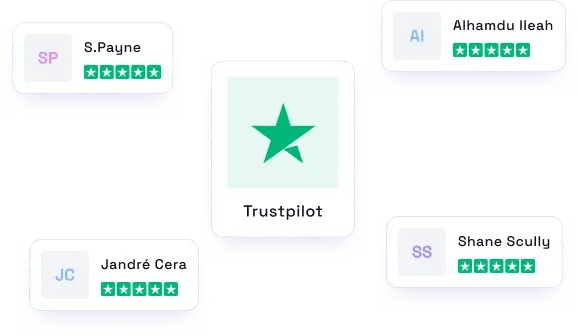What are the core use cases for AT&T Internet proxies in data collection and web access?
AT&T Internet proxies are widely used for data collection activities such as web scraping, price monitoring, and content aggregation, especially when targeting websites and online resources frequently accessed by users within the United States. Because AT&T is one of the largest residential ISPs in the US, its IP addresses are commonly trusted by sites that may otherwise restrict or block connections from other sources, such as datacenter or foreign proxies. This makes AT&T proxies ideal for bypassing access controls or geo-blocking measures to collect accurate and local information at scale.
These proxies also empower users to access region-specific content, such as streaming services, e-commerce platforms, or local US news outlets, without being flagged for suspicious activity or encountering location-based restrictions. Marketers, researchers, and competitive intelligence analysts leverage AT&T proxies to view websites exactly as end-users in the US would experience them, ensuring authenticity of results and high fidelity in their analyses.
E-commerce platforms benefit from AT&T Internet proxies to verify product listings, perform competitor research, or ensure ad delivery is functioning correctly in US markets. AT&T proxies enhance the likelihood that websites will not block these requests, avoiding disruptions to important business operations. When compared to proxies from smaller carriers, AT&T’s broad residential coverage offers higher success rates.
Moreover, AT&T residential proxies are highly useful for brand protection and fraud prevention applications. Businesses use them to detect counterfeit goods, identify fake listings, or check if their intellectual property is being abused, all by mimicking genuine US consumer browsing patterns. The reliability of AT&T’s vast network can be instrumental when validating such insights across diverse online properties.
Additionally, application developers and technical teams utilize AT&T proxies for QA testing and localization checks, ensuring that software features, localized interfaces, or marketing campaigns are properly delivered to American audiences. By rotating connections through different residential AT&T IPs, they can observe real-world outcomes and anticipate how users in various US regions will interact with their digital offerings.






